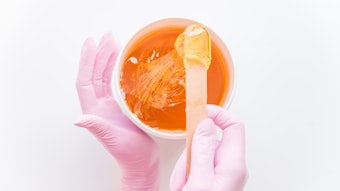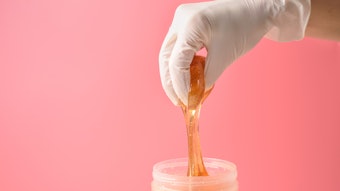
How diet affects the skin—particularly whether it causes acne—has long been a conversation topic that professionals swing back and forth about. Here is a round up of foods that can aggravate common skin conditions.
Sugar and High Glycemic Foods
Acne. Foods with high glycemic index—meaning high in refined carbohydrates such as white rice, white bread and white potatoes—can cause blood glucose levels to fluctuate. According to Ramsey Markus, associate professor of dermatology at Baylor, "As a result of the high blood sugar levels there is a cascade of hormones released that eventually stimulate the oil gland, leading to worsening of acne."
Glycation and premature aging. In a Good Housekeeping interview with Nigma Talib, London-based naturopathic doctor, skin care professional and author of Younger Skin Starts in the Gut (Ulysses Press, 2016), Talib says not only can excess sugar in the diet wreak havoc on overall health, it can also lead to glycation.
Annette Tobia, founder of Dynamis Skin Science, explains exactly what glycation is in an article published in Skin Inc. last year: The glycation process involves protein cross-linking, and this causes skin damage and aging. The process compromises the production of collagen, elastin and other proteins in the skin, all of which are essential to skin health and vitality.
Dairy Products
Acne. Dairy intake may upset acne by increasing oil production, inflammation and abnormal hormonal activity.
Swollen eyelids, dark circles and under eye bags. Talib says as clients get older, they lose enzymes that help properly digest lactose, which can lead to inflammation.
Wine
Although wine in moderation carries several health benefits, it can also mess with skin due to it's high levels of sugar, pesticides and sulphites, as well as the fact that it is dehydrating, according to Talib.
Signs of aging. Talib says heavy wine drinkers may cause pronounced lines between eyebrows, droopy eyelids, wrinkles underneath eyes, dehydrated skin, enlarged pores, redness and deep nasolabial folds.
Gluten
Gluten has been a hot term for a while now, and while not everyone actually has celiac disease, people may benefit from lowering the amount of gluten in their diet. Talib says gluten can cause blemishes on the forehead, bloated face, redness and darkened skin patches on the chin.
References
www.goodhousekeeping.com/beauty/anti-aging/a35319/bad-skin-wine-dairy-sugar/
www.bcm.edu/news/skin-and-hair/skin-can-reflect-eating-habits










